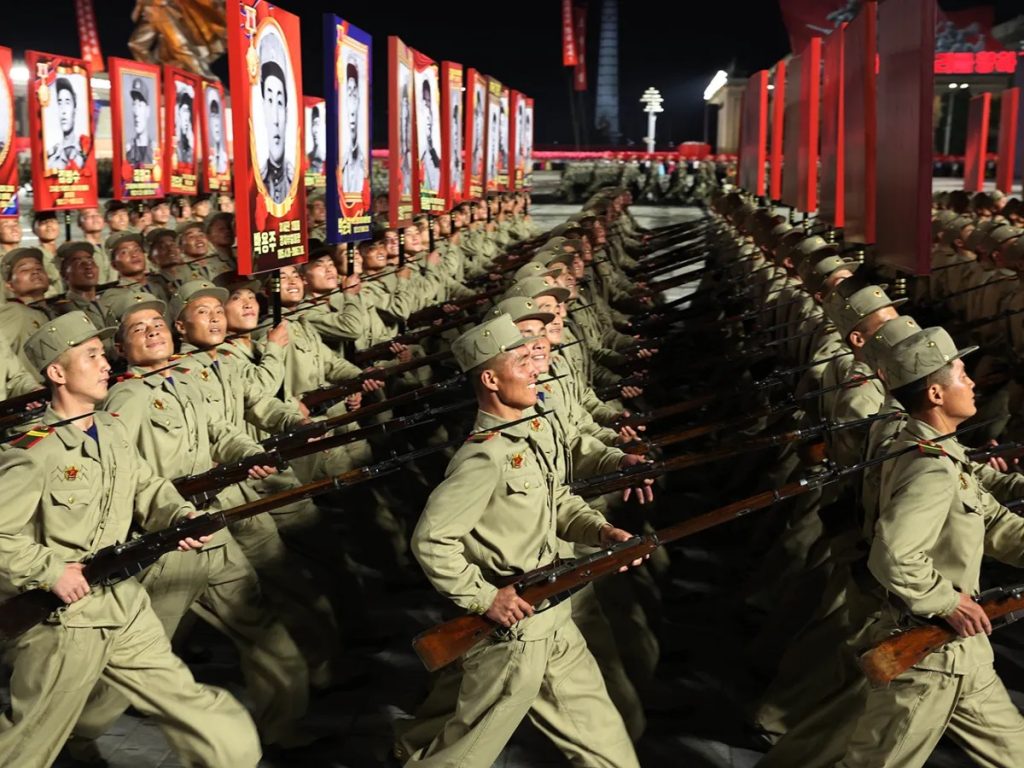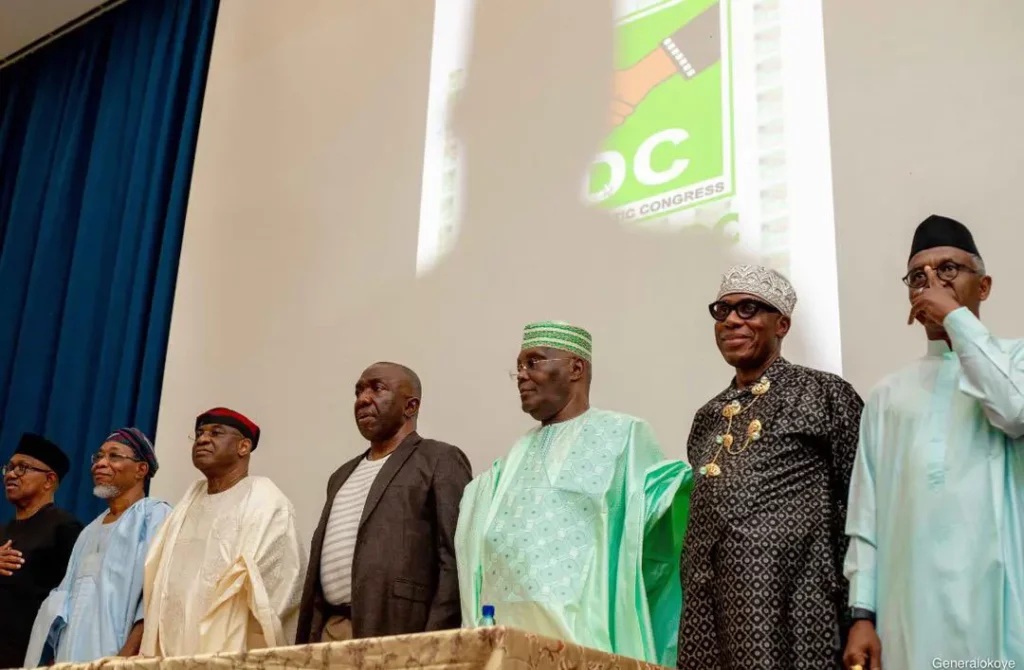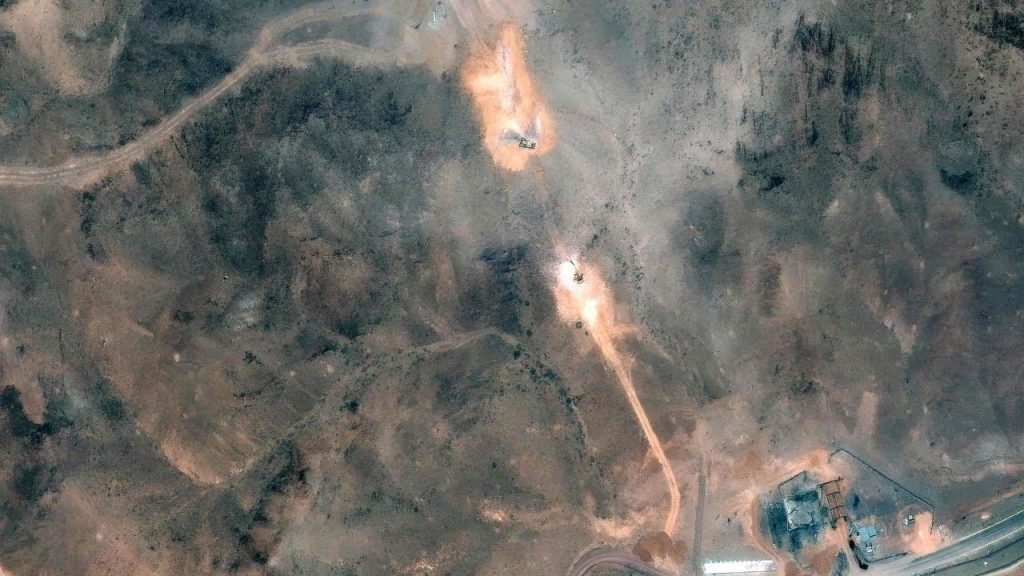World
WSI: Nigeria admitted into global skills network membership

Nigeria has officially been admitted into World Skills International (WSI), according to the National Board for Technical Education (NBTE).
Head of the NBTE Media Unit, Fatima Abubakar, announced the development in a statement issued on August 26, 2024, in Kaduna.
The admission was confirmed in a letter dated August 20, 2024, from David Hoey, CEO of the WSI Secretariat in Amsterdam.
The letter also included Nigeria’s membership certificate, jointly signed by the WSI President and CEO.
Mrs. Abubakar highlighted that this membership marks a significant opportunity for Nigeria to participate in World Skills Competitions.
It also opens doors for training, mentorship, and scholarships aimed at advancing skill development in the country.
“The journey started over 10 years ago, and we have finally achieved this milestone. World Skills Nigeria is now a reality,” she said.
NBTE’s Executive Secretary, Prof. Idris Bugaje, expressed gratitude for the support from the Minister of Education, Prof. Tahir Mamman.
He also commended the Nigerian team, led by Mrs. Yemisi Akinrinade, for their dedicated efforts.
He urged both government and private sectors to support World Skills Nigeria’s programs and encourage youths to prioritize skills as a career choice to transform Nigeria’s future.
Key aspects of WSI
WSI is a global organization dedicated to promoting and improving vocational education and skills training worldwide.
Founded in 1950, WSI aims to raise the standards of technical skills in industries.
It achieves this by organizing international competitions, fostering best practices, and encouraging collaboration among member countries.
Global reach: WSI comprises over 80 member countries and regions, each committed to advancing vocational skills within their own educational systems and industries.
These members work together to share knowledge, resources, and experiences to elevate skills training globally.
World skills competitions: One of the organization’s most notable initiatives is the biennial World Skills Competition.
Often referred to as the “Skills Olympics,” this event brings together young professionals from various trades and skills sectors to compete at an international level.
Competitions cover a wide range of skills, including construction, manufacturing, information technology, creative arts, and service industries.
Skill development: WSI promotes skills excellence and vocational education through competitions, training programs, and partnerships with educational institutions, governments, and industry leaders.
The goal is to enhance the quality of skills training and increase recognition of vocational careers.
Education and training: WSI also focuses on improving the quality of vocational education and training globally.
This involves setting international standards, developing curricula, and providing platforms for skills exchange among member countries.
Importance of skill development in Nigeria
Skill development is crucial for Nigeria’s growth and prosperity. Here’s why:
Economic growth: Skill development drives innovation and productivity, leading to economic growth.
A skilled workforce can enhance competitiveness and attract investments.
Employment opportunities: By improving skills, individuals increase their employability and potential for higher-paying jobs.
This helps reduce unemployment and underemployment.
Entrepreneurship: Skills training supports entrepreneurship by equipping individuals with the knowledge to start and manage businesses, contributing to job creation and economic diversification.
Poverty reduction: Skill development enables people to access better job opportunities, which helps in alleviating poverty and improving living standards.
Adaptability: In a rapidly changing job market, ongoing skill development ensures that workers can adapt to new technologies and industries, maintaining their relevance in the workforce.
National competitiveness: A skilled labor force enhances national competitiveness by improving productivity and fostering innovation, which is essential for economic advancement on a global scale.
Social Stability: By providing opportunities for skill acquisition, societies can reduce inequality and social unrest, leading to greater social cohesion and stability.
Significance of joining WSI
WSI represents a crucial step towards improving its technical education and skill development.
WSI membership offers access to global best practices, advanced training resources, and the opportunity to participate in international competitions.
This can enhance the quality of vocational education in Nigeria and help align it with global standards, ultimately making Nigerian youths more competitive in the global job market
10 year journey to WSI
Nigeria’s admission into WSI marks the culmination of a decade-long journey of determination, strategic efforts, and overcoming various challenges.
The process began over ten years ago and required the consistent commitment of key stakeholders.
Furthermore, the National Board for Technical Education (NBTE) played a crucial role in promoting Nigeria’s technical and vocational education and training (TVET) on a global platform.
One of the primary efforts was led by the NBTE under the leadership of Professor Idris Bugaje.
This involved navigating bureaucratic hurdles, ensuring compliance with WSI requirements, and preparing Nigeria’s TVET institutions for global competition.
Challenges during this period were not insignificant.
These challenges included limited resources, the need for policy reforms, and garnering widespread recognition of the importance of skills development.
Moreover, in a country where university education has traditionally been prioritized, shifting focus to vocational skills was particularly difficult.
Nonetheless, the NBTE remained persistent, pushing forward with initiatives to enhance the quality and visibility of Nigeria’s vocational training.
Key milestones in this journey included gaining support from the Nigerian government, particularly the Ministry of Education.
Additionally, the successful mobilization of a national team, led by Mrs. Yemisi Akinrinade, played a crucial role.
These efforts ultimately led to Nigeria receiving its membership certificate from WSI, a significant achievement.
This opens up opportunities for Nigerian youths to compete globally, access advanced training, and benefit from mentorship programs.
For Diaspora Digital Media Updates click on Whatsapp, or Telegram. For eyewitness accounts/ reports/ articles, write to: citizenreports@diasporadigitalmedia.com. Follow us on X (Fomerly Twitter) or Facebook












